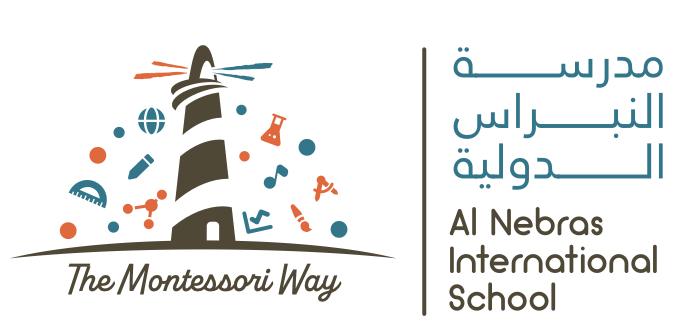What is Montessori Education? A Comprehensive Guide for Parents
As parents search for the best educational options for their children, Montessori education often emerges as a popular choice. But what exactly is Montessori education, and how can it benefit your child? In this comprehensive guide, we’ll explore the principles, benefits, and unique features of Montessori education, helping you understand why it might be the right fit for your family.
Understanding Montessori Education
Montessori education is a child-centered approach developed by Dr. Maria Montessori in the early 1900s. This method emphasizes hands-on, experiential learning, allowing children to explore and learn at their own pace in a carefully prepared environment. The Montessori philosophy is rooted in respect for children and their natural development, promoting independence, curiosity, and a lifelong love of learning.
Key Principles of Montessori Education
- Child-Centered Learning
In Montessori classrooms, children are seen as active participants in their education. They are encouraged to choose their activities based on their interests, fostering intrinsic motivation and engagement. - Prepared Environment
The classroom is designed to facilitate independent exploration. It features a variety of age-appropriate materials and resources that promote learning in all areas, including practical life skills, sensory development, language, and mathematics. - Mixed-Age Grouping
Montessori classrooms typically include children of different ages. This structure promotes collaboration, social skills, and peer learning, as older children mentor younger ones. - Freedom with Responsibility
Children are given the freedom to choose their activities, but with this freedom comes the responsibility to respect their environment and peers. This balance helps develop self-discipline and accountability.
The Montessori Curriculum
The Montessori curriculum is broad and flexible, focusing on holistic development. Here are the core areas of learning:
- Practical Life Skills: Activities that teach everyday tasks, such as pouring, cleaning, and cooking, help children develop coordination, concentration, and independence.
- Sensorial Exploration: Materials designed to refine the senses (like texture, shape, and sound) enhance sensory perception and cognitive development.
- Language Development: Montessori emphasizes language through rich vocabulary, storytelling, and writing activities, fostering a love for reading and communication.
- Mathematics: Concrete materials allow children to explore mathematical concepts through hands-on experiences, making abstract ideas more accessible.
- Cultural Studies: Topics such as geography, history, and science promote curiosity about the world and foster an appreciation for diversity.
Benefits of Montessori Education
- Encourages Independence: Children learn to make choices and take ownership of their learning, fostering self-reliance and confidence.
- Develops Critical Thinking: The hands-on approach encourages problem-solving and critical thinking skills that benefit children throughout their lives.
- Promotes a Love of Learning: The freedom to explore interests helps children develop a genuine curiosity and enthusiasm for learning.
- Fosters Social Skills: Mixed-age classrooms promote collaboration and empathy, allowing children to learn from each other and build meaningful relationships.
- Holistic Development: Montessori education addresses not only academic growth but also social, emotional, and physical development, nurturing well-rounded individuals.
Is Montessori Right for Your Child?
Choosing the right educational path for your child is a significant decision. Montessori education may be an excellent fit if you value:
- A child-centered approach that respects individual learning styles.
- An emphasis on hands-on, experiential learning.
- An environment that promotes independence and responsibility.
Conclusion
Montessori education offers a unique and effective approach to learning that respects and nurtures each child’s individuality. By focusing on hands-on experiences and promoting independence, Montessori schools create an environment where children can thrive academically and socially.
